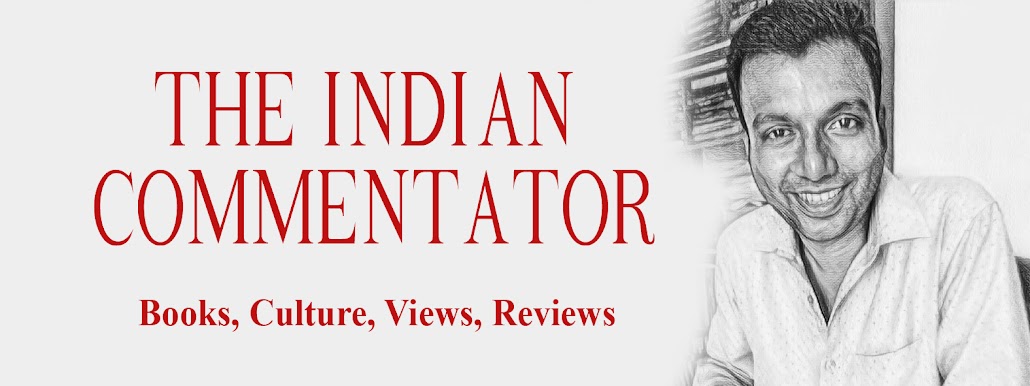Woman got one of her finest attributes from the male

dominant literary scenario, as ‘Nature’. The feminine face of nature and the female identity as nature both have its long history, though the later image remains controversial.
What would be that peculiarity or peculiarities of nature that prompted the poets of endless facility for imagination to proclaim it with the pronoun for feminine gender? A scrutiny seems to be relevant in an event where the nature seems to be engulfed more with deserts than with rain forests and where existence becomes the cause for destruction. For existence of human beings or any other living creatures, they need a habitat, which must be suitable for the comfortable life of them. The point, which turns the contemporary ‘marketism’ into a silly butt of joke, is that nature itself is providing the habitat for humans and all other living beings. For the existence of “some”, they are destroying the nature, which is actually their habitat. Here, those “some” are no doubt, we-Humans!
The evolution gave human brain the facility of instrumental intelligence. That means, the intelligence to make instruments and theories for the mechanical functioning of the more natural human life. Instrumentation has its own page of plus marks in the history of evolution. But, somehow, man forgot to re-install the once used wealth of nature, as much as possible by him-like trees. The identity given to the centre of action is ‘man’, for he ruled the world until the phallus centered ideologies swerved a little and allowed the green light of feminism to peep through it. (No metaphor intended).
The present scenario can be marked by the presence of some very special though occasional introspection, which concerns themselves with the nature and their environment. Some governmental and non governmental organizations, some individuals and some movements can be perceived interfering in the space of conflict, which the man himself has initiated, between the nature and man. But such efforts for interferences are sporadic and fragile. But, no sedition can give better results for the present devastation of nature. Stopping an assault with a counter assault is, in fact, one of the methods of early forefathers, who sit in the early rows of human evolution.
As we all boast of our earned and inherited organic components of civilization, like, humanity, kindness, etc, we have to use some creative methods to promote the awareness of the necessity for safeguarding nature. Trees, butterflies, and flowers only do not constitute nature. They indeed act as a furbished, created mode of confining the identity of nature into something outside us, for the easy and unhindered exploitation of the former, forgetting the fact that we are also a part of it. This marks the contemporary blind exploitation of nature, which is suicidal.
Why does this continue even after a number of interferences made into this conflict? This question points to the former un-answered question for its own answers- why nature has been attribut
ed with feminine qualities? The reason may not be only the reproductive capacity. There is not a reason but there are many reasons. The victory which men seems to have attained over nature is si

milar to that over womanhood. The exploitation of natural resources, as if they are profit-making machines, is similar to his concept of woman as ‘descendant giving’ machines. Thus with a wide range of views, we can perceive the answer for the question.
One thing seems to me is that nature is definitely a woman; a woman who is capable of becoming a mother. But what she would produce will be decided by the one from whom she got conceived. If she is conceived from ‘Hatred’, she will give birth to hatred, and if she is conceived from ‘Compassion’, she will bear the child of compassion. So let us be the embryos of compassion and take birth as nature’s compassionate, lovable children. Then would only be, we called as humans in the truest sense.

 ome one Indian, out side the political boundary of India, only on the basis that they also speak one of our regional languages. We cannot even sympathise with them, on the fact that they were responsible for the murder of one of our former prime ministers, Rajeev Gandhi.
ome one Indian, out side the political boundary of India, only on the basis that they also speak one of our regional languages. We cannot even sympathise with them, on the fact that they were responsible for the murder of one of our former prime ministers, Rajeev Gandhi.












